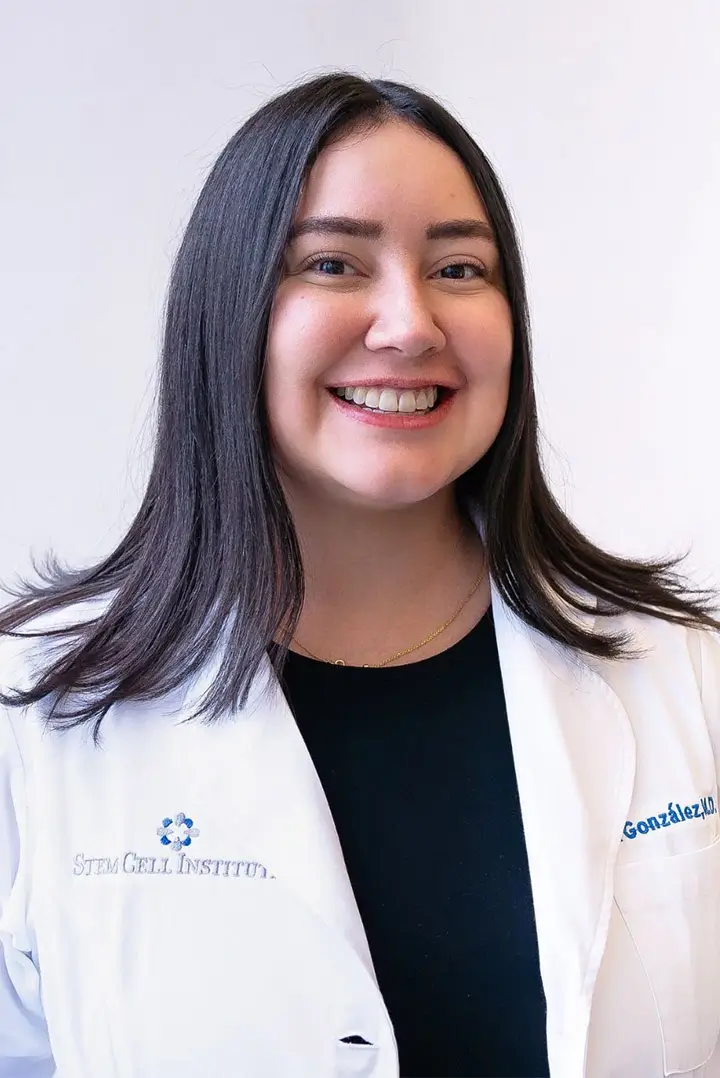The use of stem cells for multiple sclerosis can be categorized into two main approaches. The first involves transplantation of blood making stem cells, called hematopoietic stem cells, after the immune response of the patient is destroyed. This is performed because multiple sclerosis is an immunological disease in which the T cells are attacking the "insulator" of the nerves, a protein called myelin basic protein. By destroying the immune system and subsequently adding stem cells that will make a new immune system, this approach "resets the clock" and has yielded success in early clinical studies. Unfortunately, the problem with destroying the patient immune system is that they undergo a period of immune compromise during which they are susceptible to bacterial, fungal, and viral infections. The second method of using stem cells in multiple sclerosis is to administer a type of stem cell called mesenchymal stem cells, which actually reprogram the pathogenic T cells so that they slow down their immune attack. Mesenchymal stem cells also possess two other important properties: a) they induce the generation of T regulatory cells, which block pathologic T cells from attacking myeling&; and b) they help to regenerate the injured neurons through producing growth factors, as well as becoming new neurons.
For the study of this second approach, the Cleveland Clinic has received a $2.75 million federal grant from the Department of Defense. This is a 4-year grant that will fund a 24-patient study which will be conducted by the Center for Stem Cell and Regenerative Medicine. The study will investigate patients with relapse-remitting MS that are still able to walk but have moderate to severe disability. Collaborators in the study will include the stem cell company Athersys Inc., Case Western Reserve University, the Clinic, Ohio State University and University Hospitals Case Medical Center.
"Mesenchymal stem cells are primitive cells in the bone marrow that have a wide range of effects that decrease the activity of immune cells which are over-active in MS," said Dr. Jeffrey Cohen of the Clinic’s Mellen Center for Multiple Sclerosis Treatment and Research. "In addition, in numerous laboratory studies, MSC’s were able to migrate from the blood in to areas of inflammation or injury in the nervous system and reduce damage by developing into cells resembling neurons (nerve cells) and glia (support cells) and, probably more importantly, by creating a tissue environment that encourages intrinsic repair mechanisms," he said.
The proposed study is similar to work performed by the Cellmedicine (www.cellmedicine.com ) stem cell treatment clinic which has published on 3 patients with MS undergoing a recovery after treatment with their own fat derived stem cells, without immune suppression. This was published with collaborators at the company Medistem Inc, the University of California San Diego, Indiana University, the company Vet-Stem and the University of Utah. The publication is freely available at this link www.translational-medicine.com/content/7/1/29.
The use of fat as a source of mesenchymal stem cells for treatment of MS is appealing for several reasons. Firstly, the high content of these stem cells in the fat makes expansion of the cells unnecessary for certain uses. The process of cell expansion is technically complex and can only be performed at specialized institutions with experience in cell processing. Secondly, fat contains high concentrations of T regulatory cells, therefore in addition to administering mesenchymal stem cells, the presence of these T cells is theoretically beneficial since they are known to inhibit pathological immune responses. An explanation of the importance/relevance of T regulatory cells in fat is provided in this video:
| Click play button |
Other cells found in fat include endothelial progenitor cells (EPC), these are useful for healing injured tissue by creating new blood vessels, a critical part of the healing process.

